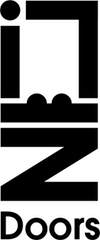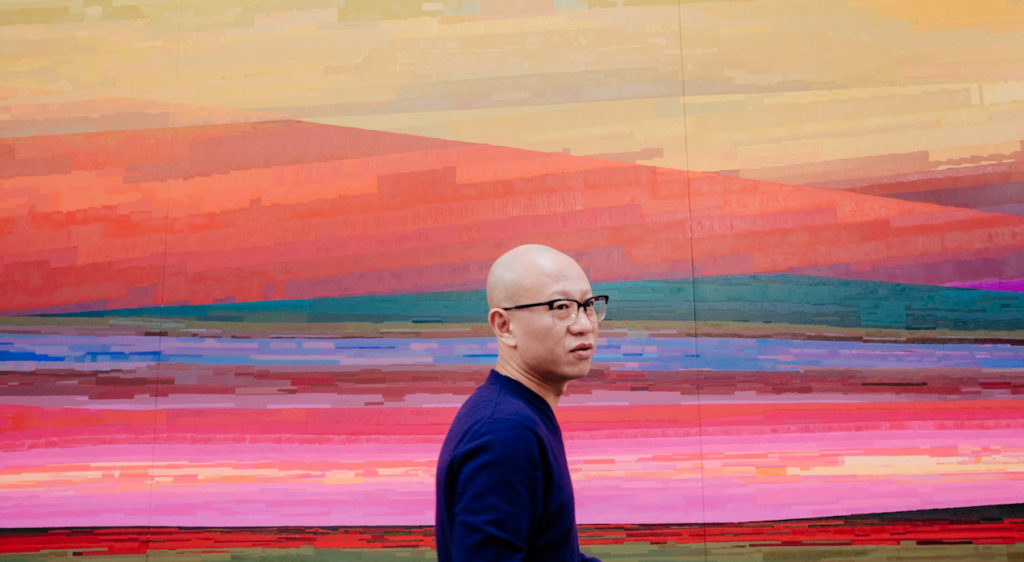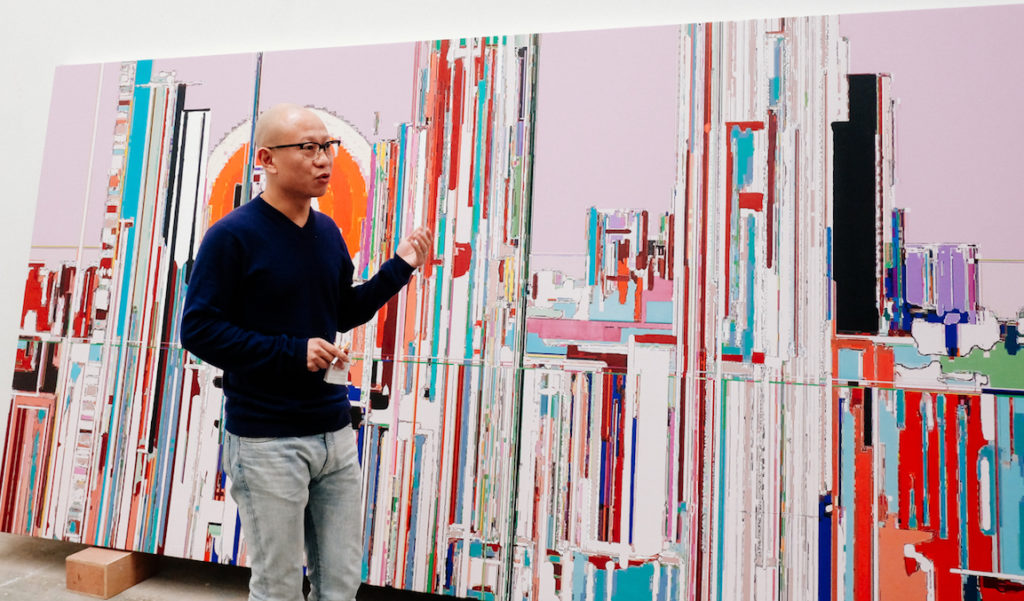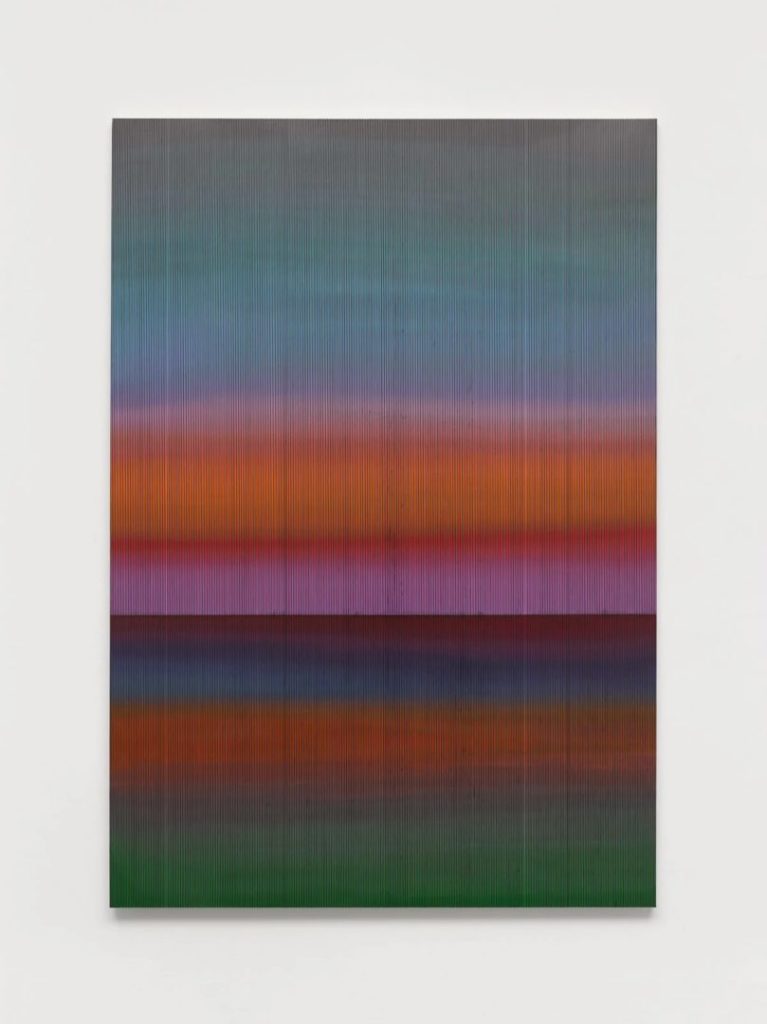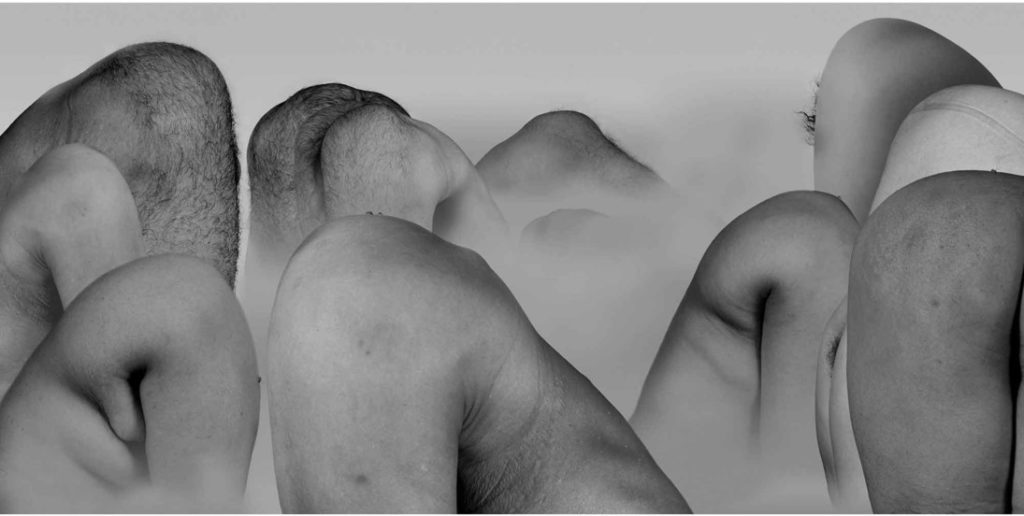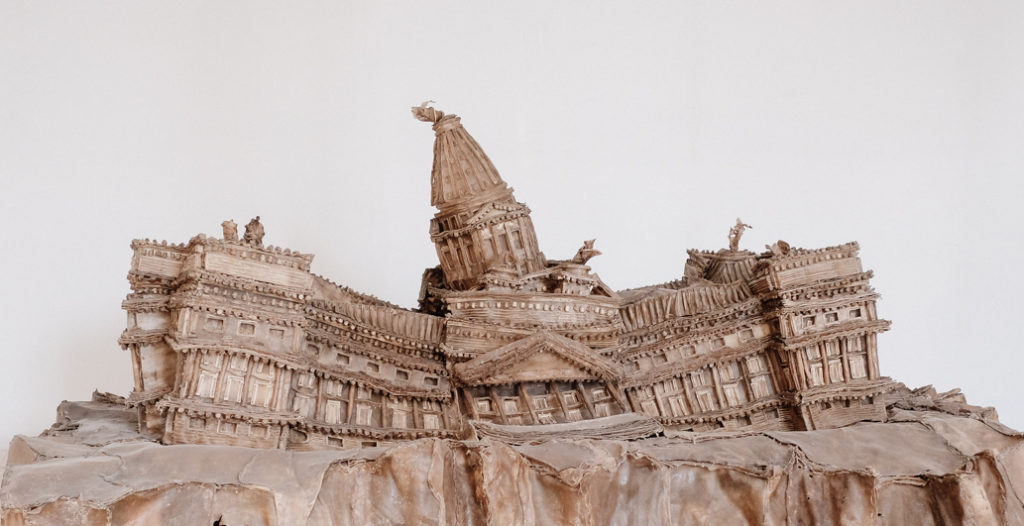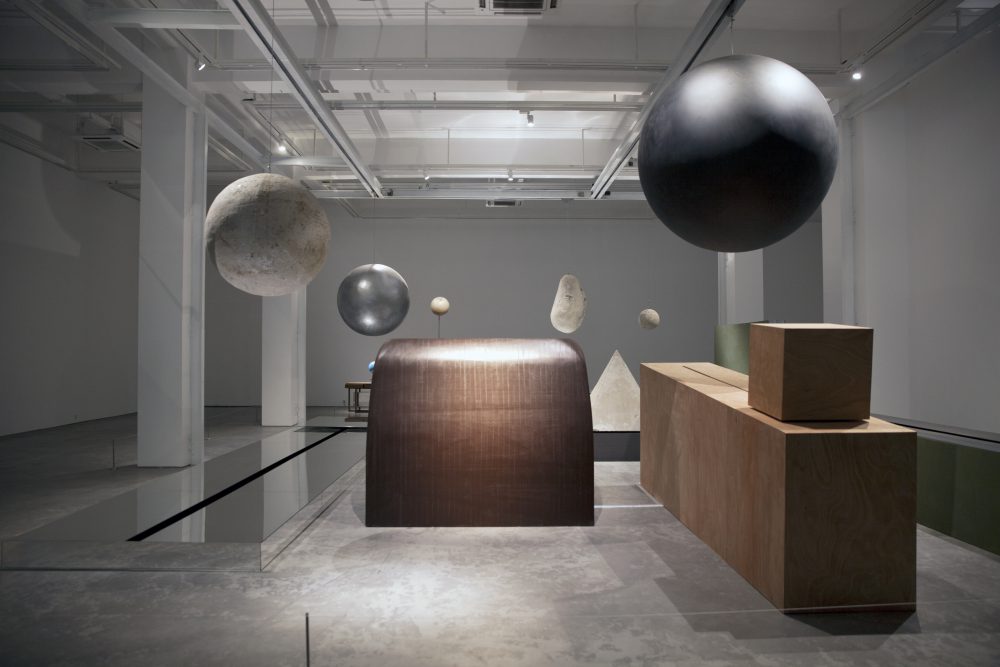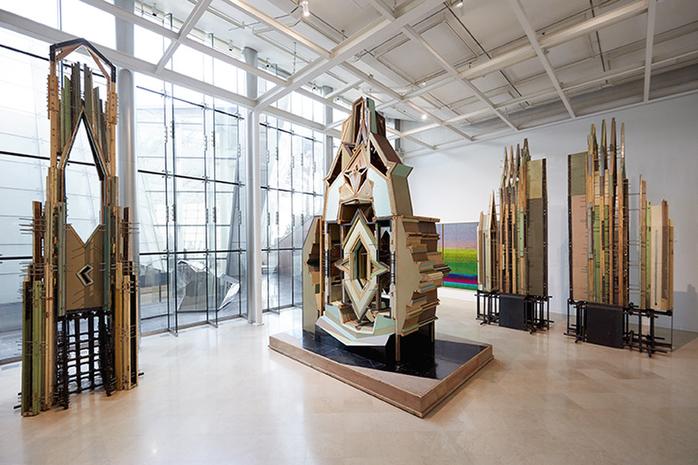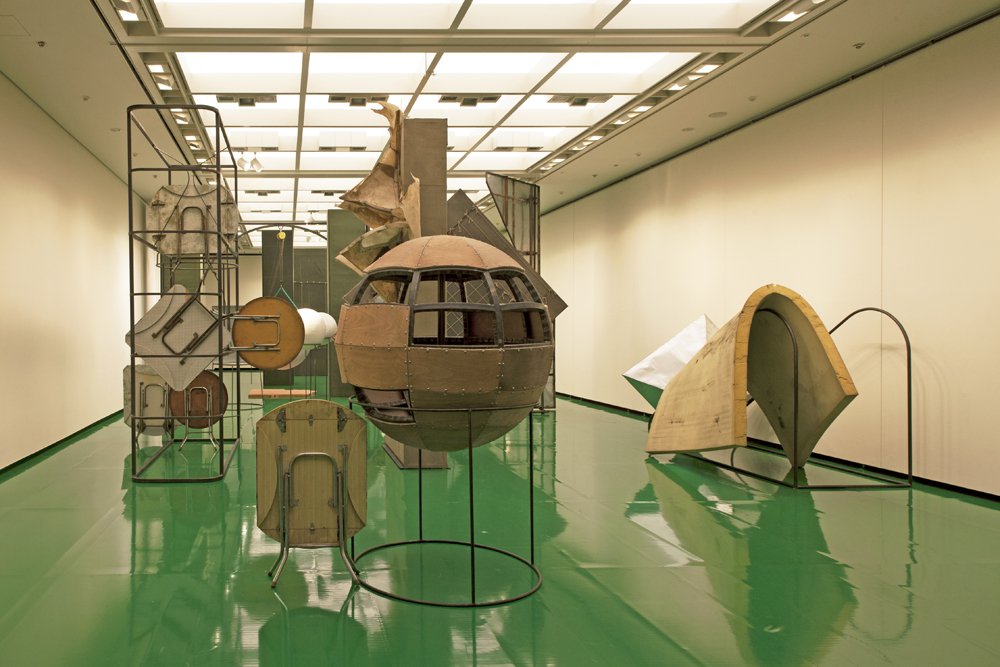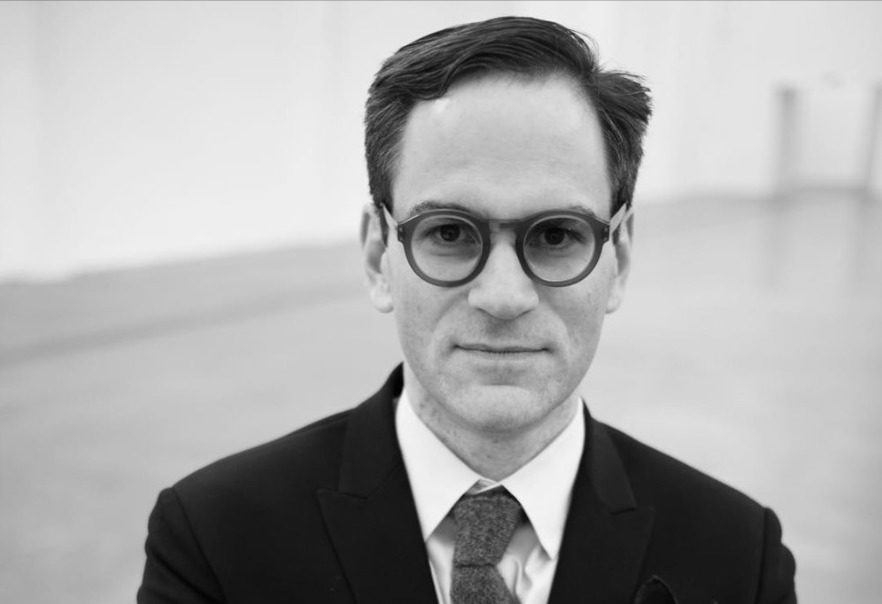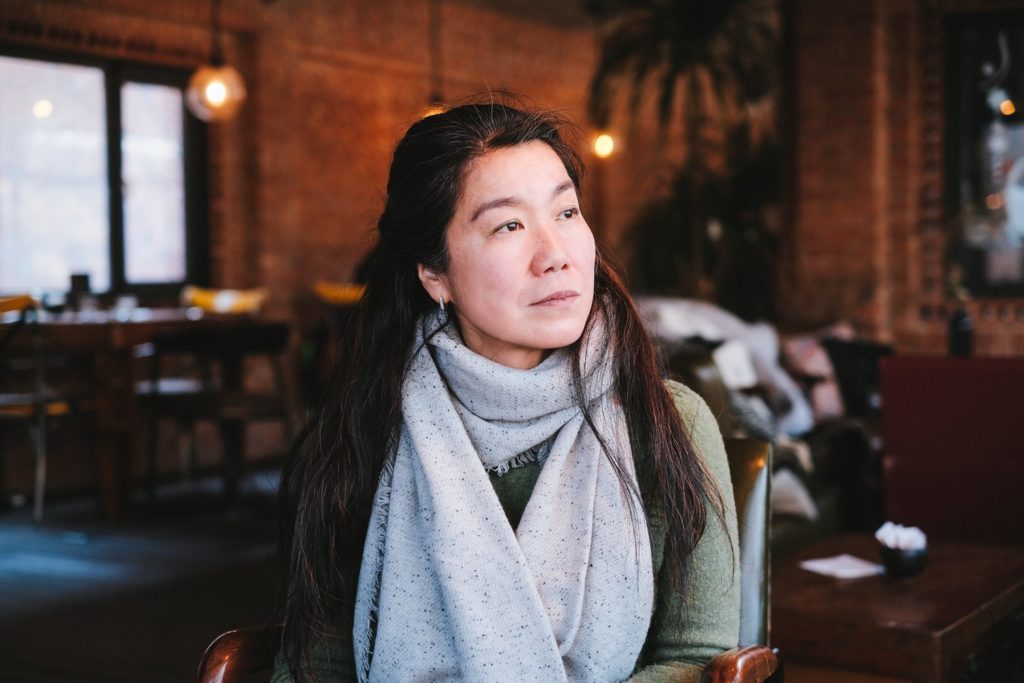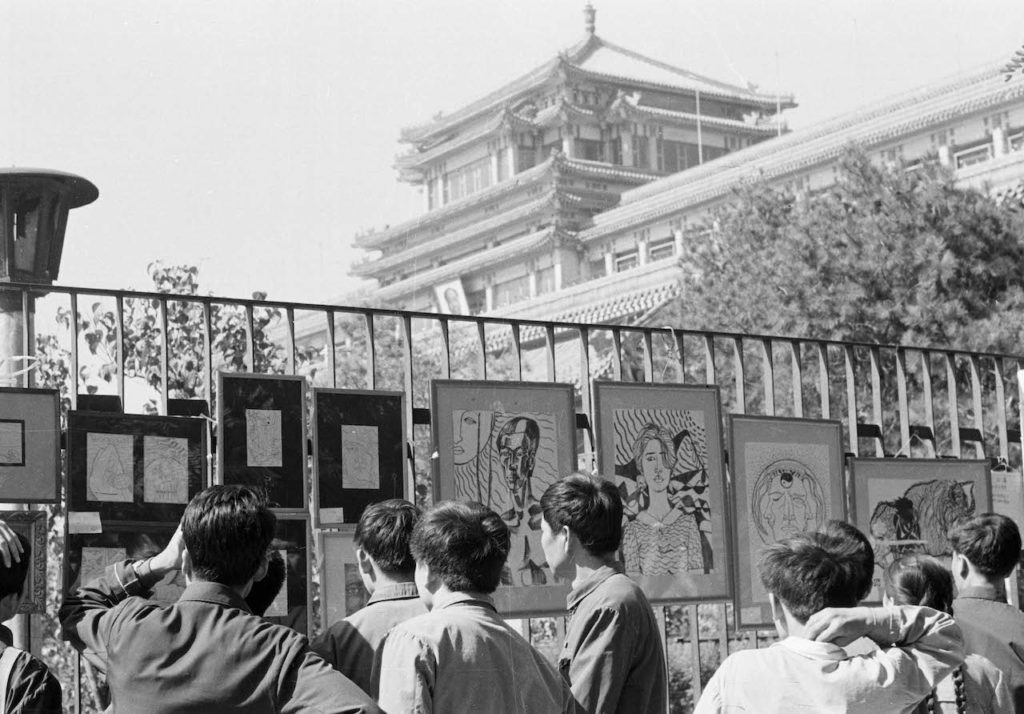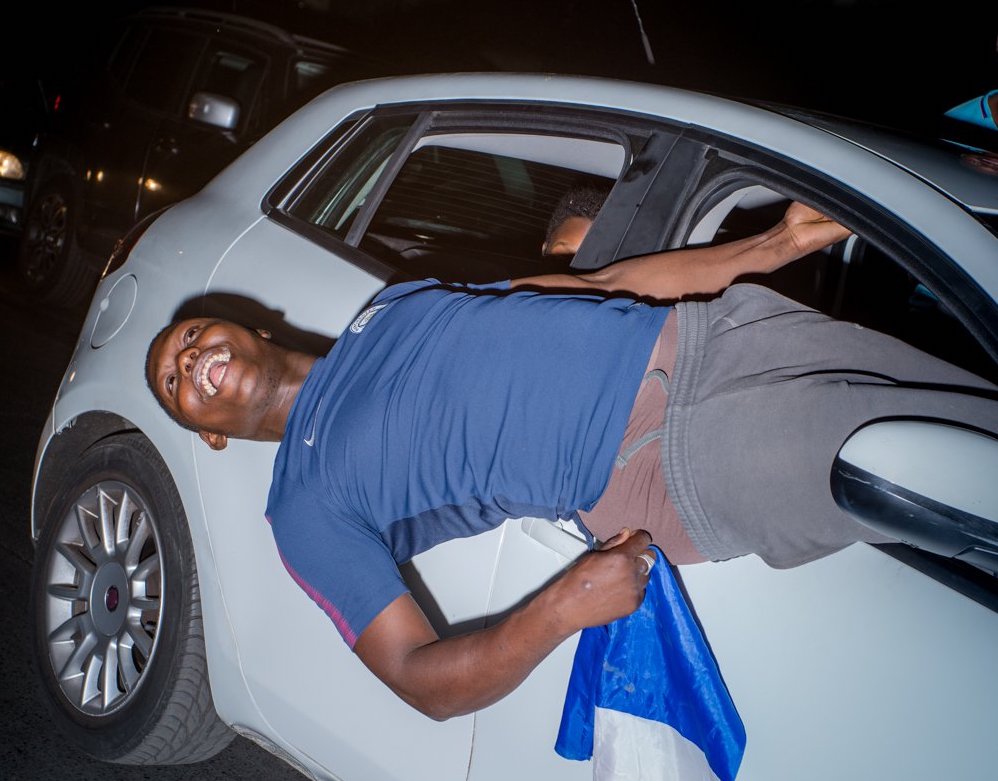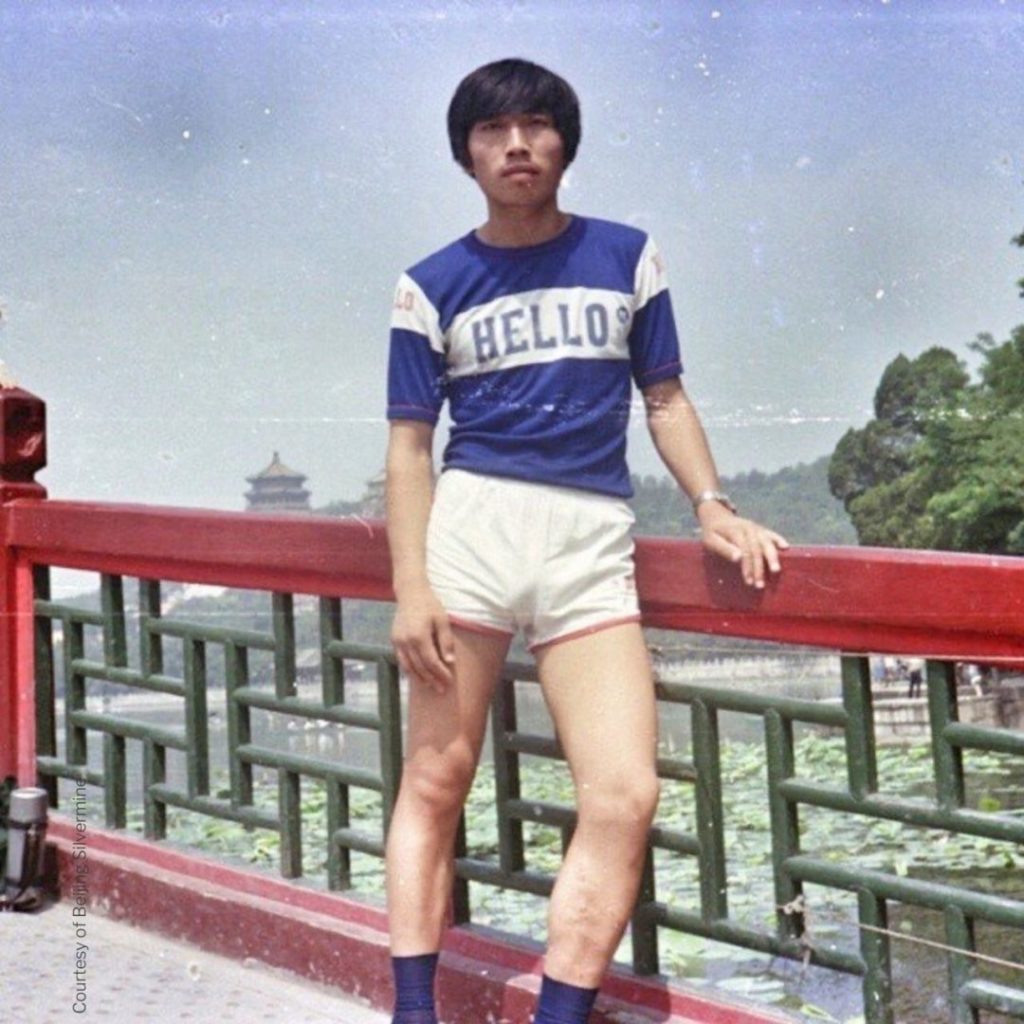Liu Wei (born 1972 in Beijing) is undoubtedly one of the most brilliant artists of his generation. Using video, installation, drawing, sculpture and painting, Liu Wei’s work is shape-shifting and unclassifiable. However, a few recurring themes, treated with humor, mark his path: the contradictions of our times, the changing urban landscape, a reflection on the world’s chaos. Doors visited Liu Wei at his Beijing studio.
Liu Wei, a prolific creator reknown internationally, has recently had solo shows at Samsung Museum of Art (Seoul, 2016), UCCA (Beijing, 2015), Museum Boijmans Van Beuningen (Rotterdam, 2014) and Minsheng Art Museum (Shanghai, 2011). He also participated in the 13th Biennale de Lyon in 2015, and in several group shows about Chinese contemporary art, including What about the Art? Contemporary Art from China at the Qatar Museum in Doha in 2016, and Bentu at Fondation Louis Vuitton Paris the same year.
Doors门艺 interviewed him in his studio.
